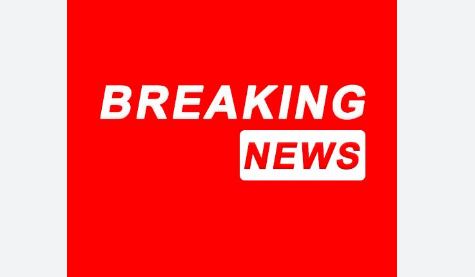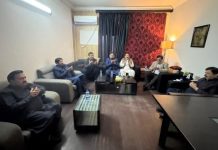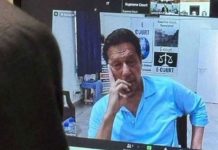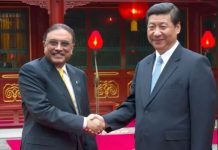Citing Germany’s decision to send Leopard tanks to Ukraine, he claims history was repeating itself
News Desk
MOSCOW: Vladimir Putin has compared Russia’s invasion of Ukraine to the fight against Nazi Germany, in a speech to mark the 80th anniversary of the conclusion of the Battle of Stalingrad.
Citing Germany’s decision to send Leopard tanks to Ukraine, he claimed history was repeating itself.
“It’s unbelievable but true,” he said. “We are again being threatened by German Leopard tanks.”
Germany is one of many countries helping Ukraine defend its territory.
Russia launched its bloody, full-scale invasion almost one year ago, prompting Western countries to send weapons and aid to the government in Kyiv.
Speaking in Volgograd – the modern name for Stalingrad – Mr Putin hinted that he could move beyond conventional weapons.
“Those who hope to defeat Russia on the battlefield do not understand, it seems, that a modern war with Russia will be very different for them,” the 70-year-old leader said.
“We are not sending our tanks to their borders, but we have the means to respond. It won’t be limited to the use of armoured hardware. Everyone must understand this.”
Mr Putin was in Volgograd to mark the anniversary of the end of the Battle of Stalingrad, the decisive World War Two conflict which saw Russia capture nearly 91,000 German troops and turn the tide of the war.
Over a million people perished in the battle – the bloodiest of World War Two.
Throughout the war in Ukraine, Mr Putin has falsely sought to present the conflict as a battle against nationalists and Nazis – who he claims are leading the Kyiv government.
And he returned to the theme throughout his speech.
“Now, unfortunately, we see that the ideology of Nazism, already in its modern guise, in its modern manifestation, again creates direct threats to the security of our country,” he said.
“We are once again forced to repulse the aggression of the collective West.”
But he vowed that while it was “unbelievable but true” that Russia was again being threatened by German tanks, Moscow had an answer for any country that threatened it.
Volgograd was temporarily renamed Stalingrad for the day to mark the occasion, and earlier this week a new bust of the former Soviet leader Joseph Stalin was unveiled.

















